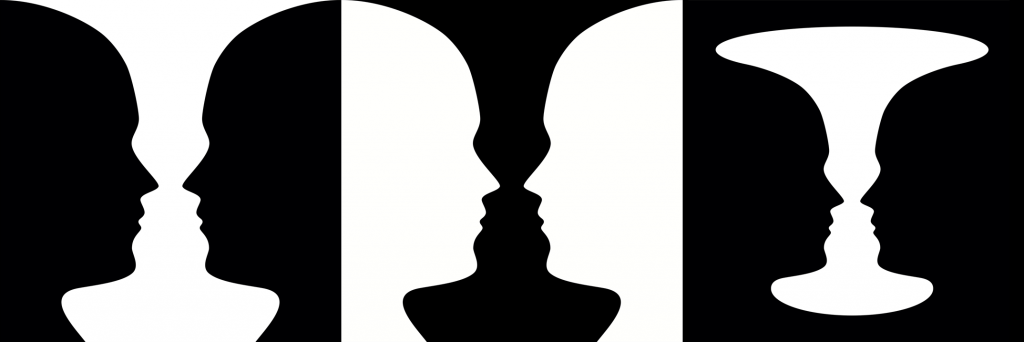“Beauty is truth, truth beauty,—that is all
Ye know on earth, and all ye need to know.”
John Keats
It was raining so lightly late this afternoon that you could count the drops as they fell on your skin.
My next-door neighbors, a rather secretive group from Korea, never cut their grass. Which is fine because the drought has made it desert dry in California, and water is precious.
The neighbors’ brown, waist-high grass in back yields brilliant purple flowers from a vine that spills over the fence and forms a string of singlets along the ground and a regal bouquet overtopping the fence.
It’s getting harder and harder to see and feel beauty during months of smudgy skies from wildfires erupting every year, driven by climate crisis.

The usual bike loop around the recent habitat of pheasant, long-eared rabbits, kite falcons, coyote and rattlesnakes, now has a hideous ‘development’ with architecture ranging from a city hall monstrosity to hundreds of retro-tech box apartments to sprawls of cheap office buildings.
What becomes of “beauty is truth” when the beauty of the earth is destroyed?
A prominent pundit in America recently gave this philosopher pause when he wrote: “As our old friend Kant argued, perceptions without conceptions are blind.”
I’ve talked with many philosophers, and I haven’t met one yet who fully understands what Kant meant by much of what he wrote. So it’s a double conceit for our New York Times columnist to assume Kant’s mantle in pronouncing, “perceptions without conceptions are blind.”
Especially since he gave only half of the Kant quote, which goes: “Perception without conception is blind; conception without perception is empty.”
Kant meant that we cannot perceive what we haven’t first conceived, and that our conceptions must be refreshed by perception. To my mind, the first clause is false, the second half-true.
In actuality, perception comes before conception. Our conceptions, having been formed by knowledge and experience, are always pre-conceptions where the present moment is concerned.
Therefore perception determined by conception is blind.
Despite the glib assertion by the commentator, looking at people and things through the lens of our prior conceptions (and our conceptions are always prior to the present moment) prevents direct perception of what is.

Since the direct perception of what is is the portal to truth, which is always of the present, direct perception without pre-conception isn’t just a philosophical fine point, but a psychological, emotional and spiritual imperative.
In short, conceptions are made by thought, and the more thought the less perception.
It’s only in the spaces between thoughts and conceptions, or when the movement of thought falls silent, that we perceive things as they actually are.
That’s why taking at least 20 minutes a day to simply observe, beginning with sensory perception, and observing the observer that judges, compares and associates, is vital to our growth as human beings in this frightful world.
As Keats poetically put it, beauty and truth are synonymous, and can only be perceived in the silence of being.
Martin LeFevre

